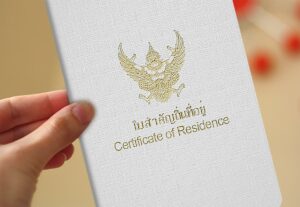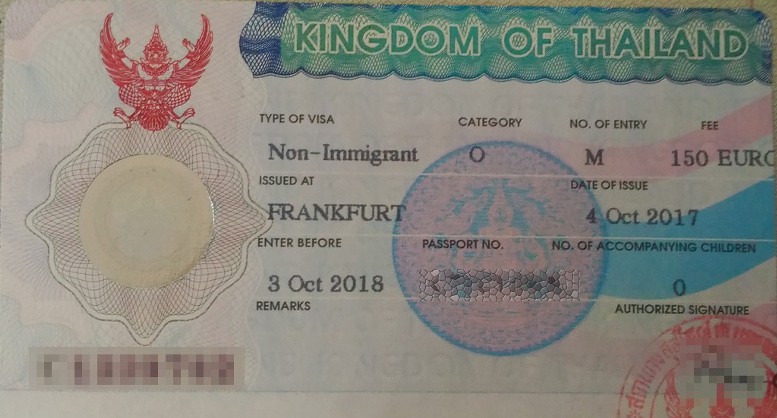A Tourist Visa allows foreigners to visit Thailand for purposes such as leisure, tourism, or visiting friends and family. It’s designed for short stays and is typically valid for 60 days, with the possibility of a 30-day extension from the Thai Immigration Bureau. There are two types: single-entry and multiple-entry, with the latter allowing visitors to leave and re-enter during the visa’s validity period.
1. Types of Tourist Visas
a) Single-Entry Tourist Visa
The Single-Entry Tourist Visa allows for one entry into Thailand. It’s valid for three months from the issue date, meaning the visitor can enter Thailand once and stay for up to 60 days. After 60 days, they must leave the country or apply for a 30-day extension.
b) Multiple-Entry Tourist Visa
The Multiple-Entry Tourist Visa allows for multiple entries into Thailand within a six-month period. Each entry permits a stay of up to 60 days. This visa is particularly useful for travelers who intend to visit neighboring countries and return to Thailand during their trip.
2. Eligibility and Requirements
To obtain a Tourist Visa, applicants must meet certain requirements:
- Passport: The passport must be valid for at least six months from the date of entry.
- Financial Proof: Some embassies may require proof of sufficient funds for the stay (e.g., THB 20,000 for individuals and THB 40,000 for families).
- Return or Onward Ticket: Proof of a return or onward travel ticket is typically required.
- Accommodation Information: Applicants may need to show a hotel booking or address where they will stay.
Additional documentation, such as a visa application form and passport-sized photos, is required when applying for a visa at a Thai embassy or consulate.
3. Application Process
The application process can vary slightly depending on the country of residence, but it generally involves the following steps:
- Gather Required Documents: Applicants must provide a valid passport, completed application form, passport-sized photos, and proof of funds or accommodation.
- Submit Application: Applications can be submitted in person at a Thai embassy or consulate. Some countries offer online applications.
- Visa Fee: Applicants must pay a visa fee, which varies depending on the country and type of visa.
- Processing Time: The visa processing time typically takes around two to five working days.
4. Visa Extensions
Tourists wishing to stay beyond the 60-day visa period can apply for a 30-day extension at a Thai Immigration Office. The fee for this extension is THB 1,900. If the extension is granted, the tourist can stay in Thailand for up to 90 days.
5. Visa Exemptions and Visa on Arrival
Thailand also offers visa exemption programs for citizens of certain countries. Travelers from eligible countries can enter Thailand without a visa for up to 30 days under the visa exemption program. However, this can only be extended by seven days at an immigration office.
For some nationalities, a Visa on Arrival (VOA) is available. This allows travelers to obtain a visa upon arriving in Thailand at certain airports and land borders. The VOA is valid for 15 days and can be extended in certain circumstances.
6. Common Challenges and Considerations
a) Overstaying
Visitors who overstay their visa are subject to fines, typically THB 500 per day. Serious overstays can result in deportation or a ban from re-entering Thailand.
b) Re-entry Permits
For those who hold a Single-Entry Visa, leaving the country before the visa expires invalidates the visa. However, travelers can apply for a re-entry permit if they wish to exit and re-enter without invalidating their tourist visa.
Conclusion
The Tourist Visa is a flexible option for those seeking to explore Thailand’s rich cultural and natural landscapes. With options for single-entry or multiple-entry visas and extensions available for longer stays, it caters to a variety of travel plans. By understanding the requirements, application process, and legal obligations, visitors can enjoy a smooth and compliant experience while staying in Thailand.
You might also enjoy

Thai Business Partnership
A Thai business partnership is one of the most commonly

Thailand Permanent Residency
Thailand Permanent Residency (PR) is a highly sought-after immigration status

Child Custody in Thailand
Child custody in Thailand is governed by the Civil and


